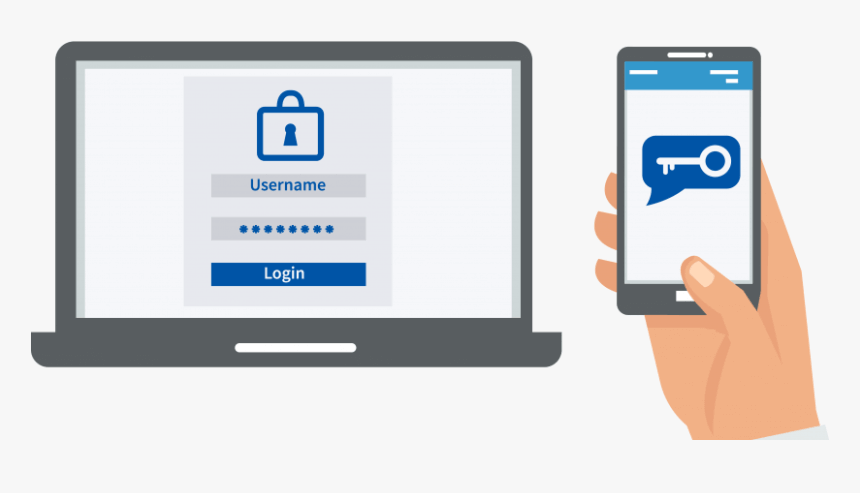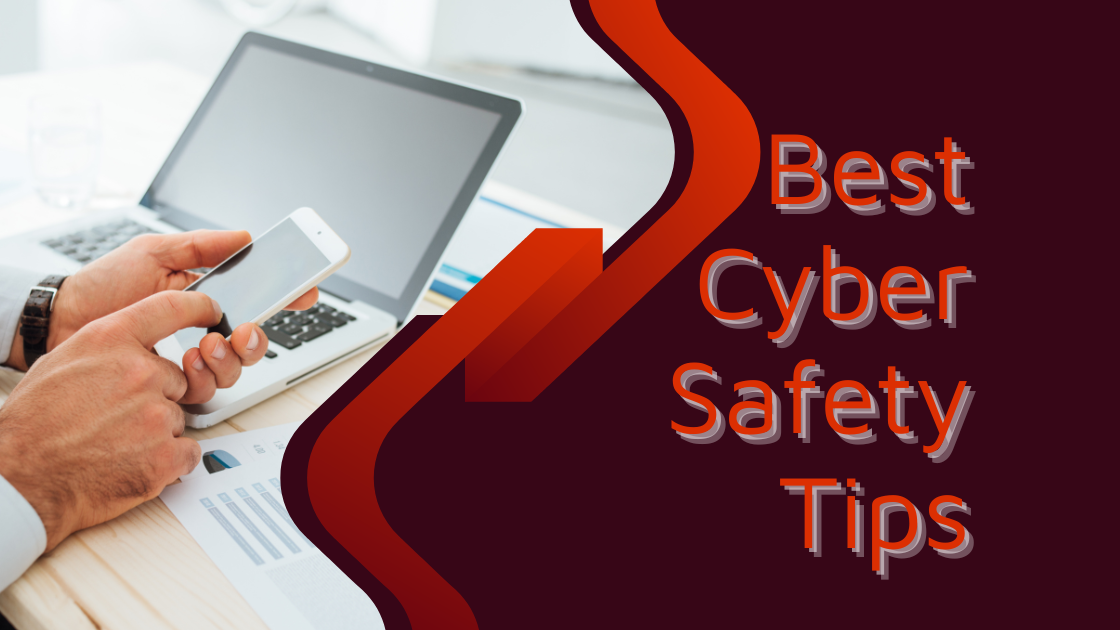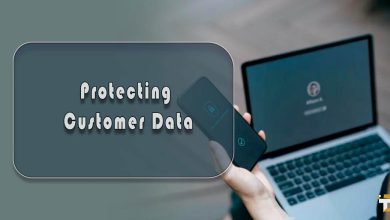9 Best Cyber Safety Tips to Survive the Internet, Hackers, and Scammers
The internet has transformed our lives for the better in many ways. However, it also exposes us to new risks from cybercriminals seeking to exploit personal data, hack accounts, or trick people through online scams. We must educate ourselves on essential Cyber Safety Tips, with many threats emerging daily. In this article, we’ll explore nine essential tips everyone can follow to help stay protected in today’s digital world.
What is Cyber Safety?
Cyber safety refers to practices and techniques that help safeguard personal information, devices, and online accounts from cyber threats like malware infections, hacks, identity theft, and scams. It involves awareness of common risks and taking proactive steps to minimize vulnerabilities. With our lives increasingly lived digitally, cyber safety awareness is essential for all internet users in today’s connected world.
Best Cyber Safety Tips to Help Protect Your Data and Accounts
Use Strong, Unique Passwords
Reusing the same passwords across accounts is one of the most significant risks online. Cybercriminals try those credentials on other popular sites when one site suffers a data breach exposing emails and passwords. Choose firm, unique passwords at least 12 characters long, including a mix of uppercase and lowercase letters, numbers, and symbols to prevent account takeovers. Consider using a password manager to generate and store secure credentials. Also, enable two-factor authentication wherever available for an extra layer of protection.
Beware of Phishing Scams
Phishing emails pretending to be from legitimate companies try tricking recipients into clicking malicious links or opening infected attachments. Hover over links before clicking to check the URL looks genuine. Never provide sensitive data or login credentials via email. Be wary of unsolicited messages and inspect the email address closely – scammers often use similar addresses to actual companies. If in doubt, contact the organization directly through their official website instead of following links. Phishing remains one of the most common hacking techniques, so stay alert.
Use Caution on Public Wi-Fi
When connecting to accessible public Wi-Fi networks at coffee shops, airports, and hotels, assume other devices on that network can see your online activity. Avoid logging into financial or other sensitive accounts, and don’t make online purchases or access work files. Instead, use mobile data or wait until on a trusted private network. As a precaution, consider using a VPN (virtual private network) service to encrypt your internet connection when on public Wi-Fi hotspots.
Be Wary of Pop-Ups and Ads
Malicious ads and pop-ups can infect devices through exploit kits designed to automatically install malware with a single click. Be cautious clicking anything within ads, and avoid downloading apps from untrusted third-party sites instead of official app stores. Use an ad blocker in your browser, keep software updated, and only install programs from trusted developers you directly seek out. Cybercriminals often disguise malware as free games, tools, or other tempting downloads.
Watch Out for Spoofing and Impersonation
Criminals may try mimicking official websites through domain spoofing, where a slight variation in the URL address tricks victims. Always verify you’re on the site before entering credentials or sensitive data. Similarly, watch for people impersonating customer support over phone calls, emails, or text messages requesting personal details for “account issues.” Legitimate companies will never proactively contact you this way. If concerned, call official support numbers from the company’s website.
Beware of Shoulder Surfing

When accessing accounts in public, be aware of shoulder surfers trying to peek over your shoulder and see login credentials, passwords, card details, or other private information displayed on your device screen. Position screens carefully and use privacy filters when working in open areas. Close browser tabs containing sensitive data when stepping away from devices, even briefly. Criminals may try distracting or crowding targets to observe private account access covertly.
Apply Updates Regularly
Keeping all software and apps fully updated is one of the best defenses against newly discovered vulnerabilities. Hackers actively search for and target outdated programs with known security flaws. Enable automatic updates where possible so protection is always current. For devices or programs lacking auto-updates, regularly check for and install any pending patches. Outdated tech leaves digital “backdoors” open to infiltration.
Backup Your Data Regularly
Hardware or software failures happen, so keeping backups is essential. Configure backup solutions to run on a set schedule and verify they capture all essential files, documents, photos, and other irreplaceable data. Consider keeping backups both locally and in the cloud. Test restoring from backups periodically to confirm they are complete and functional. Backups may save you heartache if ransomware, hard drive crashes, or other calamities occur.
Be Wary of Sharing Personal Details
Limit sharing personal details publicly online as much as possible. Review privacy settings on all accounts regularly. Be cautious about accepting friend/connection requests from strangers or interacting with suspicious profiles. While oversharing carries risks, maintaining some digital privacy need not mean complete isolation either. Find a balanced approach to sharing judiciously yet still connecting meaningfully with others.
With cybersecurity threats constantly evolving, staying safe requires ongoing education. By practicing these common-sense safety tips, everyone can do their part to reduce risks while continuing to enjoy all the opportunities of today’s digital world. With vigilance, even the most tech-savvy users can avoid falling victim to preventable hacks or scams.
Pros and Cons of Practicing Strong Cyber Security Habits
Pros
- Peace of mind knowing your online accounts and devices are protected
- Avoid financial losses and identity theft from hacked accounts
- Maintain privacy and control over personal information
- Build lifelong cyber awareness and digital literacy skills
- Support overall online security for yourself, your family, and your community
Read More: Internet Safety Tips for Everyone- Stay Safe Online
Cons
- It takes extra time and effort to implement strong passwords, backups, etc
- May limit sharing and connectivity if overly cautious
- Requires ongoing education to keep up with evolving threats
- Additional costs for services like password managers and VPNs
- No guarantees – sophisticated attacks can still occur
Overall, the benefits of practicing cyber safety far outweigh any drawbacks. Minor inconveniences are well worth reducing severe data breaches and financial fraud risks. With an emphasis on balance and common-sense measures, personal cyber security need not be overly restrictive.





